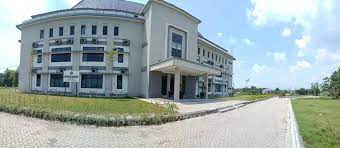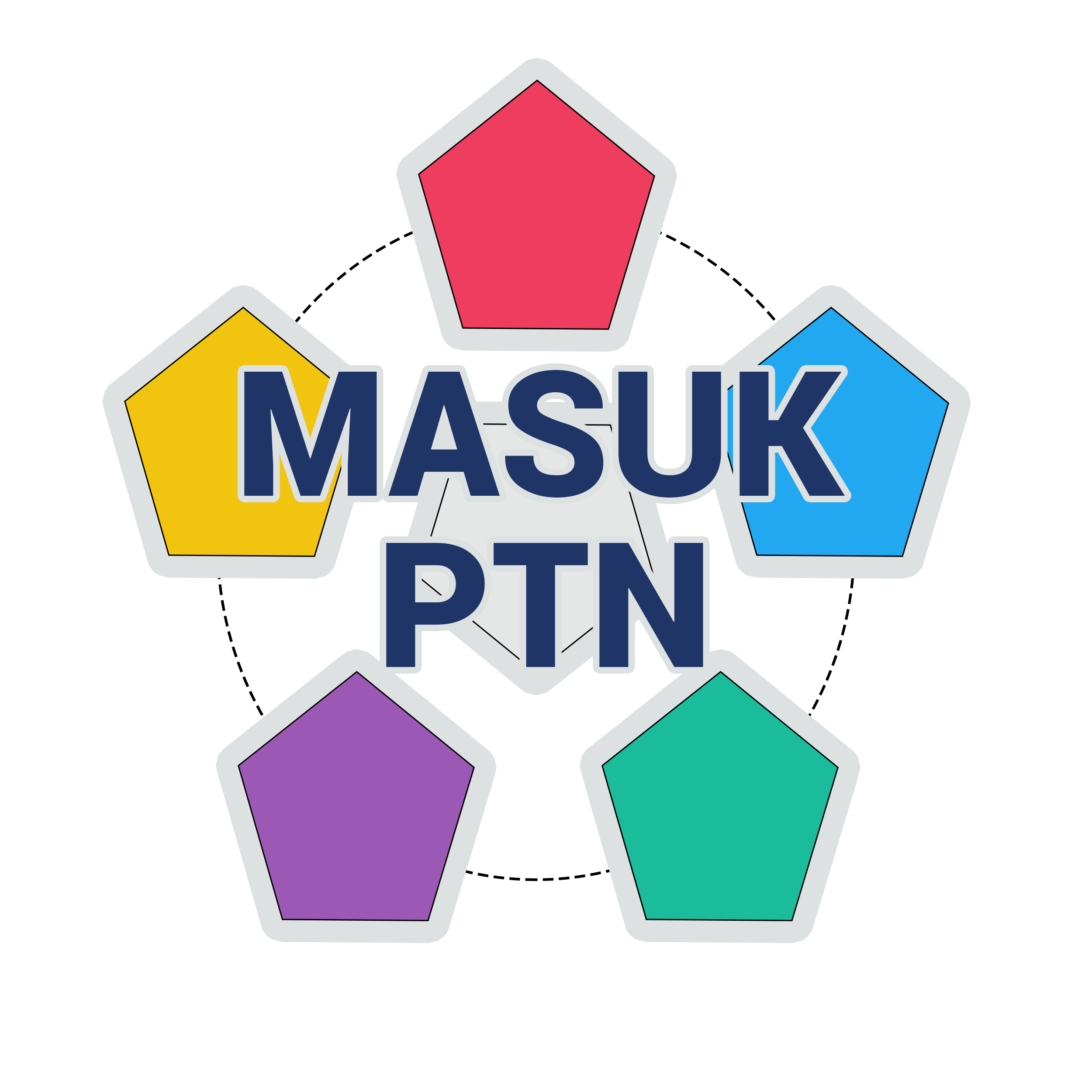Vision of the Fisheries Agobusiness Study Program, Fisheries Socio-Economic Economics) / PS-AP (SEP) FPIK UB:
To become a superior international standard study program in sustainable
fisheries development with Blue Economy principles and entrepreneurial
spirit.
The mission of the Fisheries Socio-Economic Fisheries Agobusiness Study Program / PS-AP (SEP) FPIK UB which will be realized in line with the achievement of the vision in 2031, are:
- Organizing fisheries agribusiness education (fishery socio-economics) through a conducive academic atmosphere towards international standardization with an entrepreneurial spirit in the context of sustainable fisheries development.
- Improving quality research activities in the management of fisheries and marine resources on a regional, national and international scale, which are published nationally and internationally and lead to the downstreaming of research results.
- Carry out community service activities as a form of institutional moral responsibility to improve community welfare with the Blue Economy principle.
- Improving the competitiveness of study programs through international cooperation with various institutions from abroad.
The objectives of the Fisheries Agribusiness Study Program (Socio-Economic Fisheries) or PS AP (SEP), FPiK, are:
- Produce a complete Bachelor of Fisheries (devout, with Pancasila ideology, entrepreneurial spirit, and globally competitive, supported by the ability to communicate and cooperate in multidisciplinary groups who are capable of utilizing information and communication technology) with competencies in the fields of business and trade studies, resource economics, and social fisheries Adaptive, Creative, Character, Empathic, Intelligent and Independent (AK2ECM), as well as an international perspective based on the Blue Economy principles.
- Develop research in the field of Fisheries Socio-Economic with a sustainable management system through quality research in the management of fisheries and marine resources on a regional, national, and international scale, which is published nationally and internationally and leads to the downstreaming of research results.
- Increasing the number of community services as a form of institutional moral responsibility to improve community welfare with an integrated approach between social, economic and ecological.
- To be the initiator and mover in activities that support collaboration with various foreign institutions as joint international seminar organizers, joint research, joint author, and team teaching collaboration.
PS AP (SEP) as part of the institution of the Faculty of Fisheries and Marine Sciences, refers to the development of the Faculty of Fisheries and Marine Sciences which accommodates the tridharma activities of higher education (education, research and community service) guided by the University Strategic Plan
- 2011-2015: National Stage where there is a transition of Institutional and National Competitiveness Stabilization, at this stage preparations for ASEAN scale achievements are initiated. Likewise, PS AP (SEP) at this stage has moved to reach the national stage. Many things have been achieved at this National stage, from participation in national forums to the achievements of human resources based in the AP/SEP Study Program.
- 2016-2019: The regional stage where the achievement of competitiveness in the ASEAN scope is at the same time entering the achievement of the ASIA stage. PS AP (SEP) at this stage has carried out several activities that indicate regional achievements by involving human resources owned by PS AP (SEP) in ASIA level activities. Even in 2017, PS AP has initiated the establishment of an MoU between Brawijjaya University and University Malaysia Terengganu which is the initial door for regional cooperation between the two parties, this collaboration includes knowledge sharing which was held in November 2017.
- Stage 2020-2025: The Global Stage where the achievement of competitiveness in the Global environment is planned through the strategies listed in table 1.1.5, the planned steps have been prepared by taking into account the base line that is owned and then developed based on the SWOT analysis which is the basis Self Evaluation document as well. Then translated into a work program based on the strategic plan of the Faculty of Fisheries and Marine Sciences.

 MASUK PTN
MASUK PTN